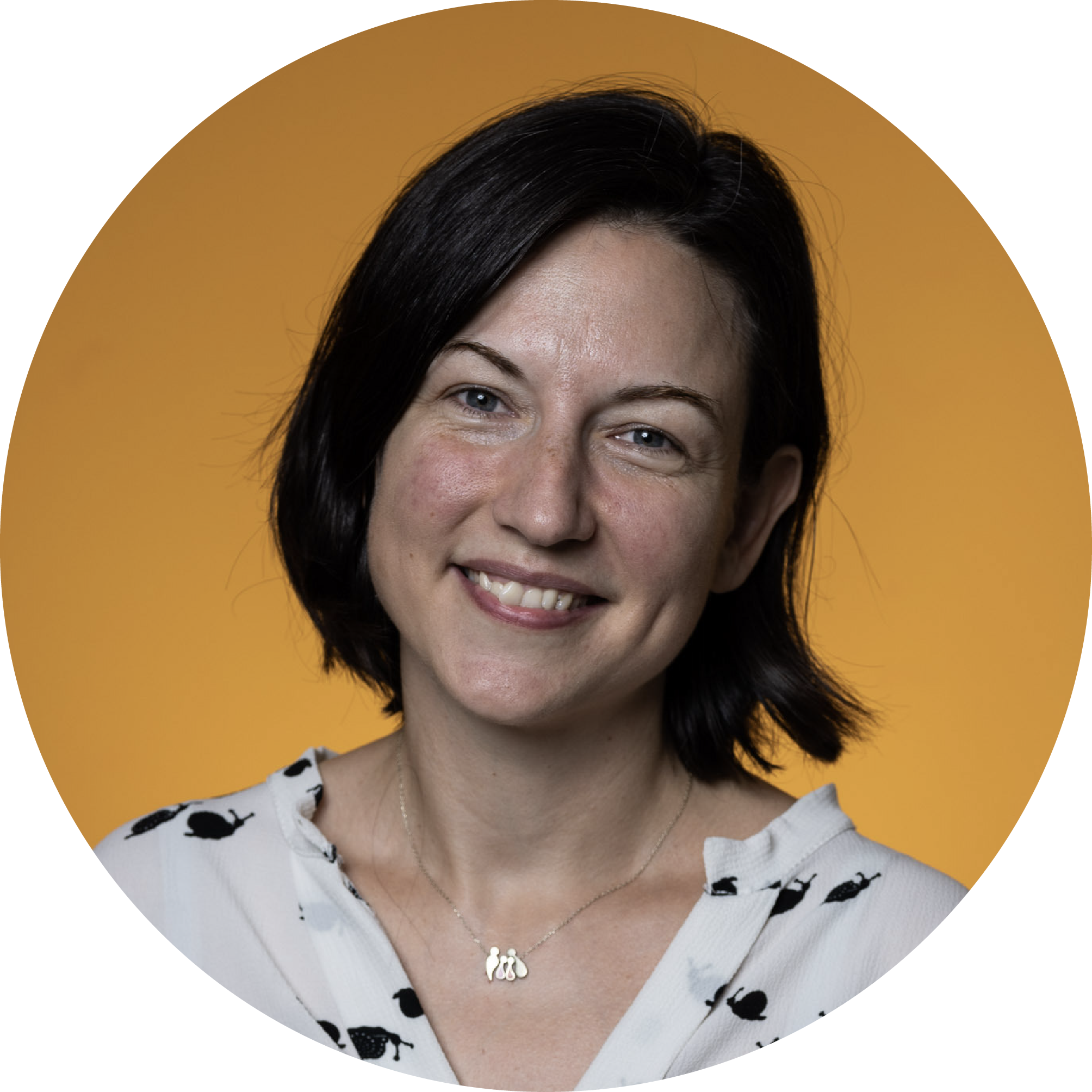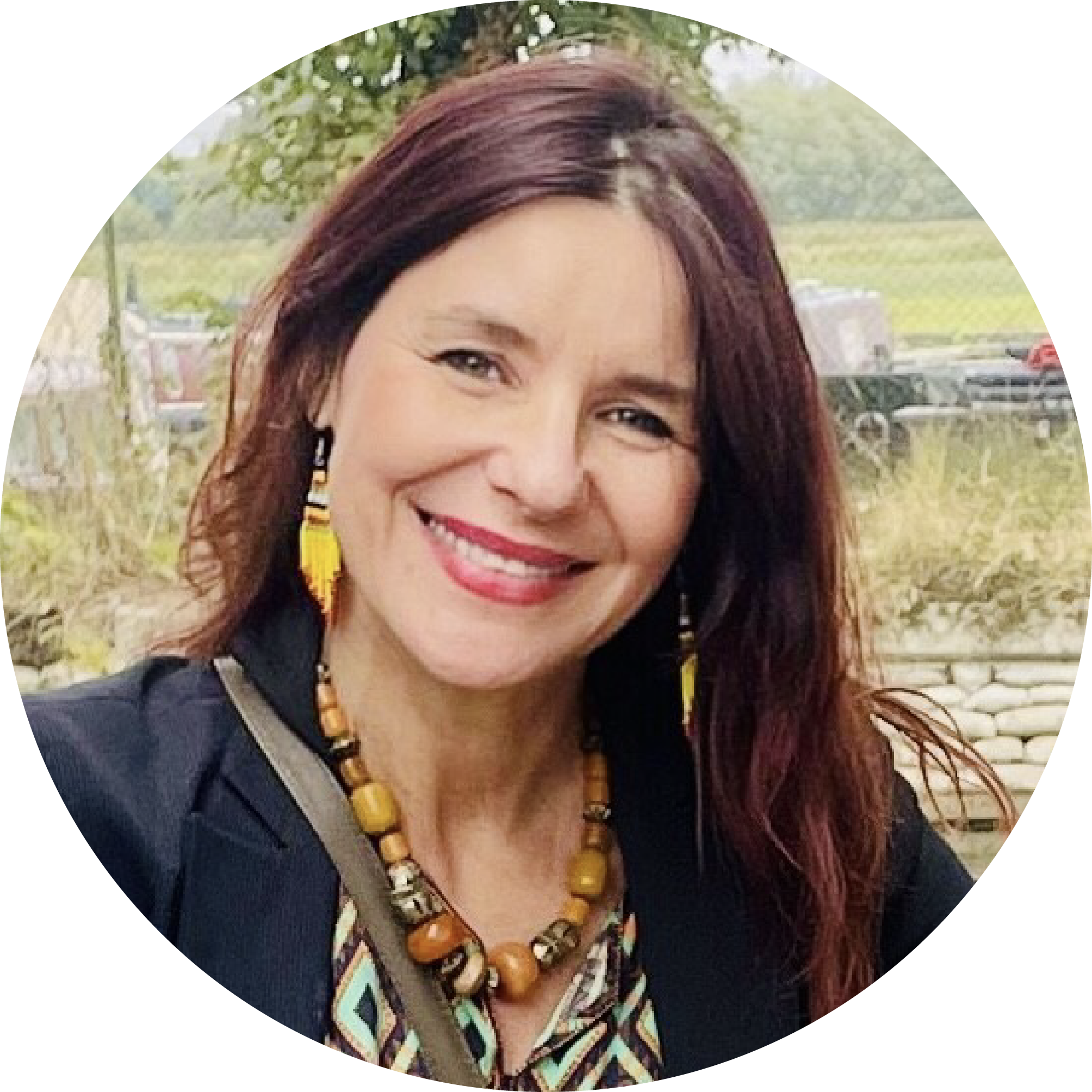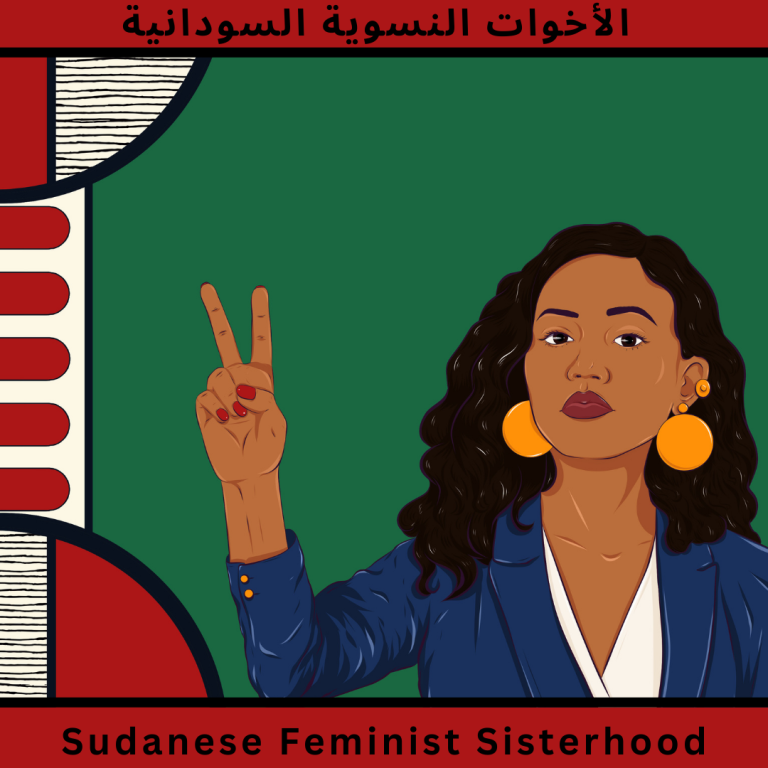By Nena Georgantzi, Human Rights Manager and Rhiannon Murgatroyd, Partnerships Manager, AGE Platform Europe
Population ageing transforms every aspect of today’s society, including health systems, labour markets and the care economy. By 2050, one in six people in the world will be aged 65 years or over. For the first time in human history, there will be fewer children than older persons in the world. Yet, current philanthropic priorities—be they women’s rights, HIV/AIDS, migration or climate change—seldom take the reality of longer lives into account. Research on human rights funding does not even identify older persons as a target group, and it’s practically impossible to monitor how much human rights work or funding for equality holds an ageing lens.
Failure to address ageing now will reduce the long-term impact of human rights funding, as unprotected rights in a rapidly growing population will overwhelm existing systems, resulting in loss of dignity and well-being for countless individuals.
Philanthropy can and should do better
In 2022, Human Rights Funders Network (HRFN) published a groundbreaking report calling for intersectional grantmaking. The very ‘raison d’etre’ of an intersectional lens is to leave no one behind. Yet, ageing and ageism are all too often left out of even the most earnest attempts to capture diversity and complex inequalities. This was unfortunately the case with the HRFN report, which covered nine population groups: children and youth, human rights defenders, Indigenous peoples, LGBTQI people, migrants and refugees, persons with disabilities, racial and ethnic groups, sex workers and women and girls. Such a glaring omission of older people is common, and it not only undermines the increasing and essential body of work on human rights in later life, but also does a great disservice to philanthropic causes and the measurable outcomes philanthropy can achieve.
Overlooking age leaves a growing number of people behind
Older people are the most rapidly growing population group, yet they are the most likely to be overlooked by funders. Age is a cross-cutting issue inextricably linked to other pressing issues such as climate change, gender equality and racial justice. Human rights are still at stake in older age. Ageism drives human rights violations and adversely impacts access to work, learning, services and resources, adequate standard of living, health and well-being, participation, and protection from violence. Lifelong inequalities accumulate and exacerbate in later life, creating an even higher likelihood of discrimination, exclusion, financial insecurity, poorer physical and mental health, and abuse. While it is estimated that one in two people worldwide are ageist against older people, ageism is so socially embedded that it goes unnoticed. Courts and monitoring bodies reflect the same biases that we have as society. They accept explanations and justifications that perpetuate ageist inequalities, and these are perceived as acceptable or necessary despite imposing an undue burden on the older population. This makes it much more difficult to detect and report rights violations and leads to a ‘justice gap’: a significant number of cases of age discrimination risk being dismissed or not reported at all.
Focus on ageing can enrich philanthropic intersectionality
We all carry our life history with us as we grow older. For example, women who have had career breaks to be caregivers, and who are on average paid lower wages than men, are less likely to have adequate income when they retire. But disadvantage later in life stems from more than just the simple accumulation of lifelong inequalities, as new or different challenges may arise in old age. People with disabilities may lose access to services and benefits when they reach retirement age. Older LGBTQI people may have to go back into the closet when they require care. In the European Union, anecdotal evidence shows that older intersex and trans people from ethnic minorities run the highest risk of discrimination among all LGBTQI identities and age groups when accessing healthcare or social services. It is important for funders to understand how ageing affects their target groups, as well as how policies that target the old—or the lack thereof—impact causes they already serve. For example, investing in systems that provide care and support for older people frees women and girls to participate in educational and economic life, a common shared goal for funders. Developing universal pension systems that allow people to start contributing earlier in life can help tackle poverty and social exclusion and thereby create positive outcomes for older people.
Older people are agents for change
Because there is little support for ageing-focused civil society, philanthropy misses out on the potential of older people as agents for the change that funders want to see. Older people are already actively engaged in many of the issues that philanthropy invests in: they fight for climate justice, racial and gender equality, social and economic rights, and civic space. Funding ageing organisations can further build their capacity to drive social and legal change in these critical areas. Funders working in these areas will not achieve their key objectives unless they invest in empowering older persons as rights holders and supporting their representative organisations to claim their rights, participate in public debate and hold governments accountable. Older people are gradually transforming into a distinct and powerful social movement calling for equal rights at all ages. The future of effective philanthropy hinges on acknowledging and supporting the growing power of older persons as agents of societal transformation.
Seize historic momentum and drive change
Over the last two decades, there has been growing evidence that the current human rights system has systematically ignored ageism and failed to equally protect our rights in old age. After an extensive consultation process, the United Nations Open-Ended Working Group on Ageing (OEWGA) agreed by consensus to create a new UN convention as one of many responses to the existing protection gaps. The UN General Assembly reiterated this decision in 2024 and invited other UN bodies to consider and act on its findings. On April 3rd, 2025, the UN Human Rights Council agreed by consensus to create an intergovernmental working group to draft a UN convention protecting older persons’ rights.
This is a historic milestone following years of mobilisation by older persons, civil society and other advocates around the world. But the work doesn’t end there. Older persons and their representative organisations have a key role to play in the negotiations to ensure the treaty text reflects the lived inequalities of old age. This is a critical time for funders to steer global attention to the reality of longer lives and the need for fair, inclusive and resilient societies for all generations.
Here’s how you can take action
- Ensure a life-course perspective: Consider how actions you take and causes you support today will impact tomorrow and the later lives of the groups you aim to serve. Shift attention from the challenges of demographic ageing to ageing with dignity, respect and rights.
- Make sure ageing is a funding priority: Break down siloes and cater to all age groups in your philanthropic agendas. Consult CSOs, such as AGE Platform Europe, as a resource and partner in shaping inclusive funding strategies.
- Support civil society organisations: Fund groups who are working with and representing older persons, influencing the field of human rights and ageing, and creating opportunities for in-person and virtual gatherings to build capacity, collaborate and lead treaty negotiations.
- Disaggregate data: The stark lack of data on ageing and older people impedes the monitoring and protection of rights in old age. Disaggregate your funding data to build a clearer picture of who your grants benefit and who you may be missing. Ensure initiatives like the HRFN Advancing Human Rights research adequately reflect issues of ageing, ageism/age discrimination and the older population.
About us
AGE Platform Europe (AGE) is the largest European network federating 100+ organizations of and for older people from across the European Union. We have worked for over two decades advocating for policy change, amplifying the voices of older people, and working across sectors to address ageism. We’re uniquely positioned to support funders who want to advance this agenda—through collaboration, insight, and shared knowledge.
About the authors
 Nena Georgantzi (nena.georgantzi@age-platform.eu) has been leading for the past 15 years developments in the emerging field of human rights of older persons, bridging research, policy and practice on ageing, equality and rights and increasing the capacity of civil society actors to use human rights as a tool for social change. She is the Head of Human Rights Advocacy at AGE Platform Europe. Nena holds a PhD from the University of Galway in Ireland where she is also an Adjunct Lecturer. She has co-founded a Belgian NGO (droits devant), which aims to use the law to see, think and experience ageing differently. She has participated in the drafting of the Council of Europe recommendation on the rights of older persons and has consulted with the UN Office of the High Commissioner for Human Rights and the International Labour Organization in the development of strategic studies and reports on human rights in old age and the intersection of ageing with disability. She is actively involved in the negotiations around a new UN convention and has served as Deputy Chair of the Global Alliance for the Rights of Older Persons. Nena is the author of several reports, articles and book chapters and is co-author of a book on law, ageing and ageism.
Nena Georgantzi (nena.georgantzi@age-platform.eu) has been leading for the past 15 years developments in the emerging field of human rights of older persons, bridging research, policy and practice on ageing, equality and rights and increasing the capacity of civil society actors to use human rights as a tool for social change. She is the Head of Human Rights Advocacy at AGE Platform Europe. Nena holds a PhD from the University of Galway in Ireland where she is also an Adjunct Lecturer. She has co-founded a Belgian NGO (droits devant), which aims to use the law to see, think and experience ageing differently. She has participated in the drafting of the Council of Europe recommendation on the rights of older persons and has consulted with the UN Office of the High Commissioner for Human Rights and the International Labour Organization in the development of strategic studies and reports on human rights in old age and the intersection of ageing with disability. She is actively involved in the negotiations around a new UN convention and has served as Deputy Chair of the Global Alliance for the Rights of Older Persons. Nena is the author of several reports, articles and book chapters and is co-author of a book on law, ageing and ageism.
 Rhiannon Murgatroyd (Rhiannon.murgatroyd@age-platform.eu) has worked in fundraising for 16 years and has a background in various sectors, including the environmental sector, global conflict mediation and social care. She is a member of the Institute of Fundraising and holds expertise in monitoring and evaluation and gender equality in programme implementation. At AGE, Rhiannon leads partnership engagement and works with AGE members, secretariat and partners on collaboration and fundraising, with a particular focus on securing human rights for older people and promoting age-friendly employment. She is responsible for refining the fundraising strategy and ensuring AGE maintains an ethical approach to donations and partnerships. Rhiannon also represents AGE in key partnership events. Rhiannon holds a master’s degree (MA) from Oxford Brookes University in Environmentalism and Society and has lived and worked in five countries, including Spain, Turkey, Zimbabwe and the US.
Rhiannon Murgatroyd (Rhiannon.murgatroyd@age-platform.eu) has worked in fundraising for 16 years and has a background in various sectors, including the environmental sector, global conflict mediation and social care. She is a member of the Institute of Fundraising and holds expertise in monitoring and evaluation and gender equality in programme implementation. At AGE, Rhiannon leads partnership engagement and works with AGE members, secretariat and partners on collaboration and fundraising, with a particular focus on securing human rights for older people and promoting age-friendly employment. She is responsible for refining the fundraising strategy and ensuring AGE maintains an ethical approach to donations and partnerships. Rhiannon also represents AGE in key partnership events. Rhiannon holds a master’s degree (MA) from Oxford Brookes University in Environmentalism and Society and has lived and worked in five countries, including Spain, Turkey, Zimbabwe and the US.



